- MBTI
- INFJ
- Enneagram
- 954 so/sx
ohhh! I've never noticed the small arrow before! lol gosh.. welp.. this will make things easier.. ö.ö
There are a lot of funny details around here. Also forum sp00ks
ohhh! I've never noticed the small arrow before! lol gosh.. welp.. this will make things easier.. ö.ö
There are a lot of funny details around here. Also forum sp00ks
arrow = totally a wormhole
One of them definitely is. Try to find it! ...or maybe that's a bad idea. Hmm.
Lol don’t stare too long or you’ll be pulled in and never heard of again!!*excuses herself.. has to scan and see the illustration..for couple of hours..*
Lol don’t stare too long or you’ll be pulled in and never heard of again!!
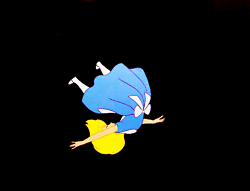
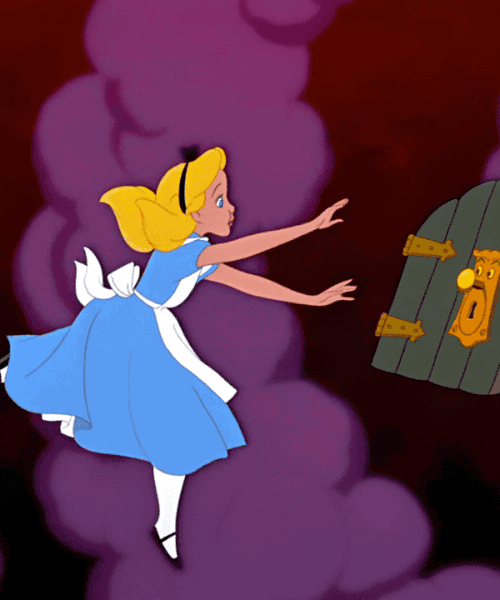
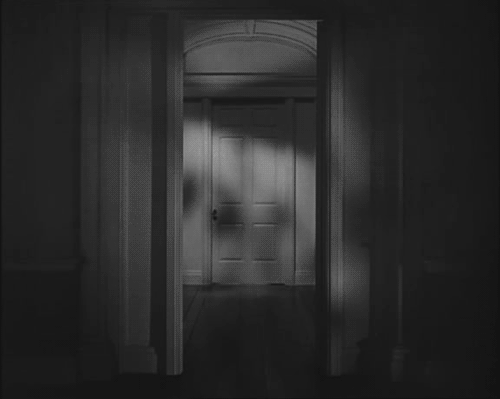
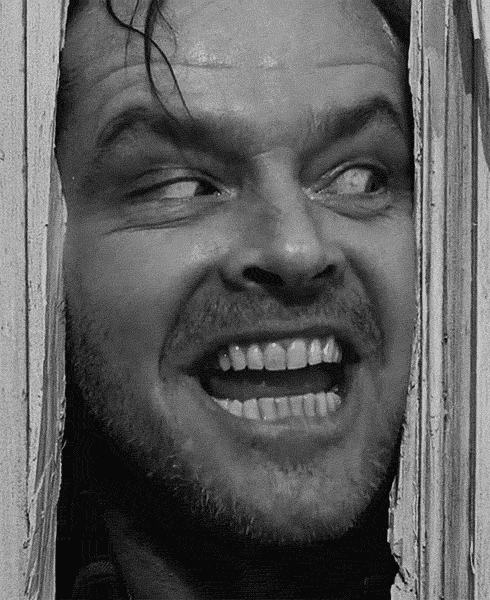
All art is in some sense derivative, in terms of epistemology.Maybe S's express their creativity based on what they observe, maybe like political and social artists who represent societal problems in their art. Also, maybe their art is easier to understand for more people. As an INFJ, my art is ENTIRELY contrived from my inner self, leaving no sign or inspiration for anything around me. It all comes from me. So maybe that's one difference?
This is a great insight and I agree very much with it. Intuitives are great at art but don’t have a monopoly on it, any more than they have a monopoly on spirituality for example.All art is in some sense derivative, in terms of epistemology.
The difference between Sensors and Intuitives, I feel, is something like the difference between the iterative and revolutionary processes.
The problem for Intuitives is that we don't tend to respect iterative artistic endeavours so much, which is a shame because they can offer much more subtle and profound insights as more revolutionary work.
The Intuitive can often become so enamoured of novelty that he loses sight of meaning.
Look at modern swordsmithing. Arguably the finest works are those crafted from within a preexisting tradition, where the aim is of perfection and a certain embodiment of an ancestral cultural psyche. Compare this with the soulless designs of modern fantasy swordsmithing and the difference in value is night and day.
I think sometimes Intuitives can have a rather unflattering opinion of the thought processes of Sensors, but if we imagine, just for a moment, that they think as deeply about things as we do, then their work takes on a sublime profundity, quite arresting in its difference from our own processes.
All art is in some sense derivative, in terms of epistemology.
The difference between Sensors and Intuitives, I feel, is something like the difference between the iterative and revolutionary processes.
The problem for Intuitives is that we don't tend to respect iterative artistic endeavours so much, which is a shame because they can offer much more subtle and profound insights as more revolutionary work.
The Intuitive can often become so enamoured of novelty that he loses sight of meaning.
Look at modern swordsmithing. Arguably the finest works are those crafted from within a preexisting tradition, where the aim is of perfection and a certain embodiment of an ancestral cultural psyche. Compare this with the soulless designs of modern fantasy swordsmithing and the difference in value is night and day.
I think sometimes Intuitives can have a rather unflattering opinion of the thought processes of Sensors, but if we imagine, just for a moment, that they think as deeply about things as we do, then their work takes on a sublime profundity, quite arresting in its difference from our own processes.
You make some great points, Asa, upon which I have to concede.Good observations. I have great appreciation for this.
I've tried to articulate what it is like to be a visual artist and an intuitive in some other threads on this forum. Opening up about personal aspects of my thoughts and life always seems so damned self-involved. Bleck.
I see a clear difference in art made by sensors and my own work as an intuitive, and I see a clear difference in the types of people who prefer one or the other. @Deleted member 16771 is hitting on some of the key points I've noticed.
I do notice, however, that despite the ability to think deeply (which we all have) sensors focus more on forum, color, composition, etc and less on meaning.
I like the analogy of the sword smiths, but I think an ISFP would be just as likely to conjure up a fantasy sword as an INFP, while intuitives who are dedicated to craftsmanship could prefer the traditional sword exactly because it has that deep meaning, which is a link to history and tradition. My own default would be the historical sword.
However, I hope you can see that this sensor nature is not devoid of meaning. There is a certain kind of 'channeling' (like having grace) they submit to which does have a sublime quality. While sometimes they might not be able to explain their work in terms of meaning, they are nonetheless chasing some kind of pure aesthetic expression which has a very different and particular value. Sometimes it is as though they are working under the unconscious influence of grace rather than consciousness.
In my mind, I associate the creative free will with something of the intuitive nature, and this willingness to iterate within established traditions with something of the sensor nature.
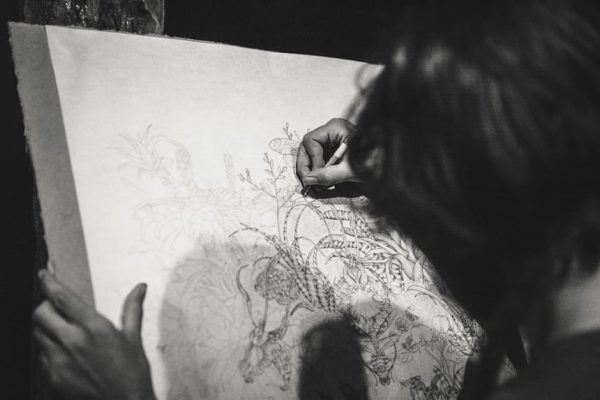
The thing I try to do online. The whole reason I come across weird sometimes.
I have a goal for myself and others online. And that goal is discovering how to express NiFe in appropriate ways online.
Offline, it is very natural. When you can figure out how to do it properly online in a way that is sufficient for you...
You'll find yourself caught in far fewer NiTi loops.
This place, being an INFJ forum, is a tough world to sort out and keep healthy for INFJs to spread out and take up wings to fly.
But at the same time, I have to help myself too. And learn how to help myself in the best ways along the way.
There have been several thoughts about thinking posted recently - and they have set me thinking ..... oh dearI don't think that's what they had in mind .....
I've quoted a couple from Ginny and Wyote (thankyou both)
Anyway, in the video Alan Watts talks about sight being multi dimensional and just happens without effort, while thought is only one-dimensional and takes quite a bit of effort (see from about 6:30 onwards). I think Ni is very like sight - it comes without any effort as a sort of complete picture, and like a landscape in the outer world some parts are clear and some obscured. All too often, I start to describe it to myself - and yes, the thoughts are just a single stream that breaks up into fragments and hops about all over the place leaving me inwardly breathless and stressed. It takes me serious effort to put order into these thoughts
The way we are brought up, by our families and then in education, we are taught to trust thought almost as a sort of religion - and to mistrust any other way of understanding the world and ourselves. For some of us, it's hard to let go of thinking, like any other addictive habit. Sometimes I am 'seeing' in Ni, without any narrative and it's very good. I wish I could paint or draw so that I could express this without any words. Not that we can do without thinking, and it has been very good to me as well - but it would be even better if it would just bloody shut up sometimes so I can see what's going on without the distraction.
Does anyone else like mind maps? - I find they are are great way of expressing insights (Ne as well as Ni) in 2D instead of linearly. I used to use them a lot at work when I was trying to get some shape into a complex situation. When I'm trying to capture things in a narrative I'm always in danger of forgetting all the related issues that pop into my head at the same time as the one I'm working on, or putting them in the middle of somewhere they don't belong. I find mindmaps free up my insight, remove the chains of linear thought from it to a significant amount, visually emphasise the structure of the thing I'm considering and reduce the stress of capture. They are brilliant for studying a new topic as well, and for revising it afterwards, if you start off learning by creating a series of mind maps that give a synoptic view.

There are some quite good apps that do mind mapping, though they don't have the same tactile feel or artistic freedom of ones you draw yourself on paper. One of the advantages of the computer maps is that they can be presented linearly once they are complete so that you can turn them into a narrative document if that's needed without having to re-enter the details in the map. I use Xmind on my desktop which has a free or paid option:
https://www.xmind.net/xmind8-pro/
I wish threads were 2D like mindmaps - it would be good if they had a tree structure so that related topics could spin off in different directions from individual posts within the thread. I suppose they wouldn't be a thread then - they'd be a web, or a net ... or a tangle very likely. At least we can bridge between threads, like I did at the beginning of my last post, though the links are only single-directional back to the source.
IMO, it's the Sensors who are able to master the "10% new" rule for success. Intuitives generally need to work on the intellectualization of their idea if they want to have success in a creative domain because they can come up with stuff that is 90% new if they are especially gifted.
